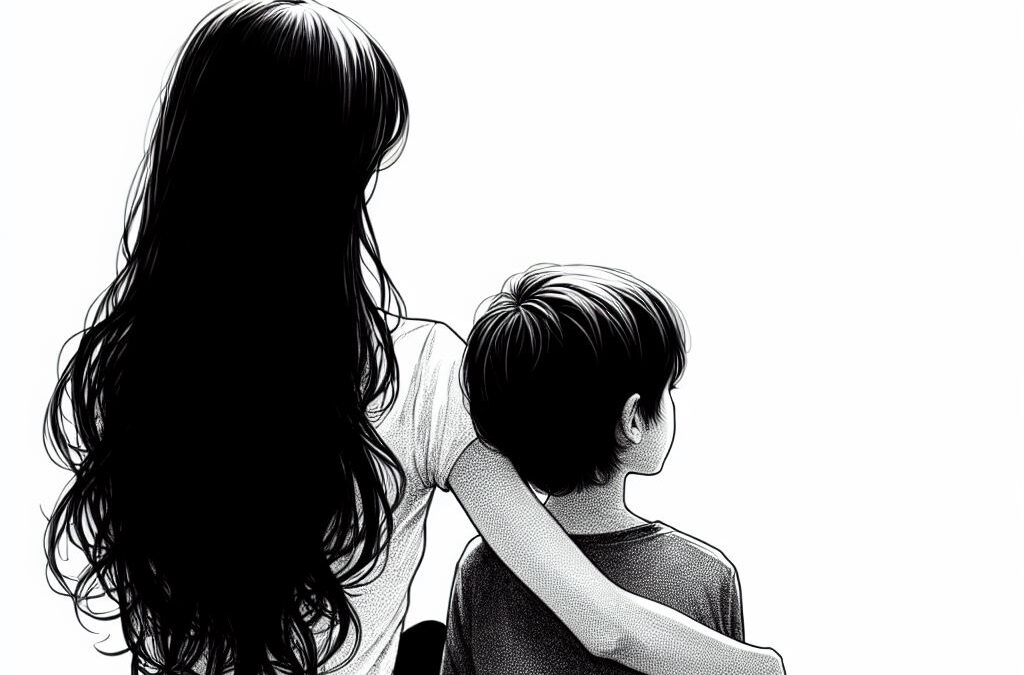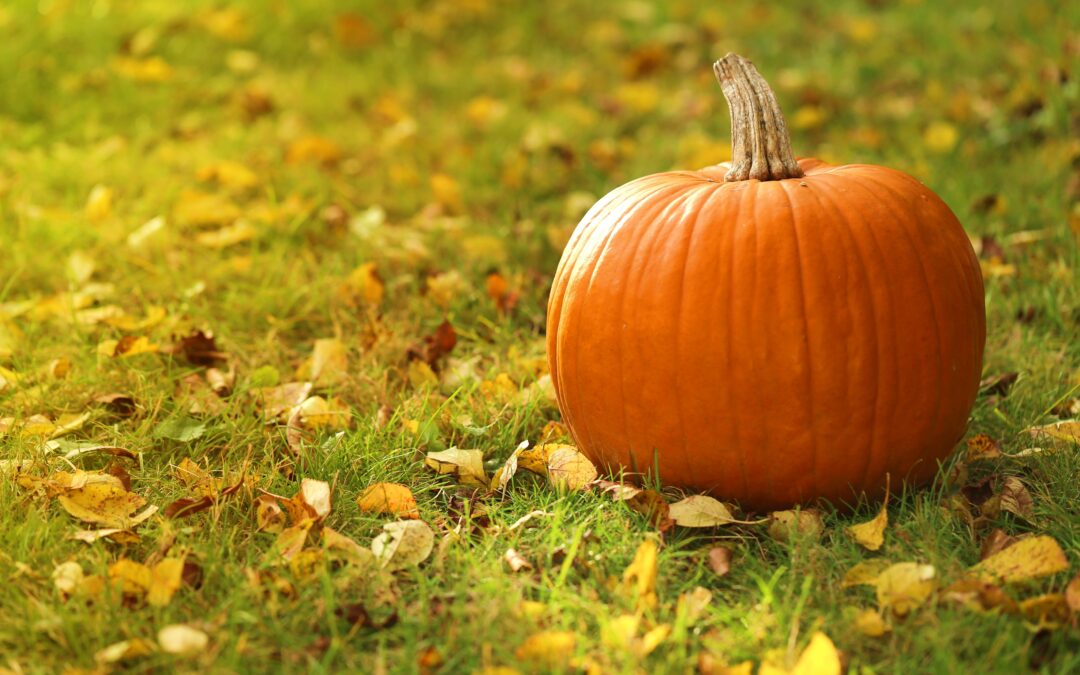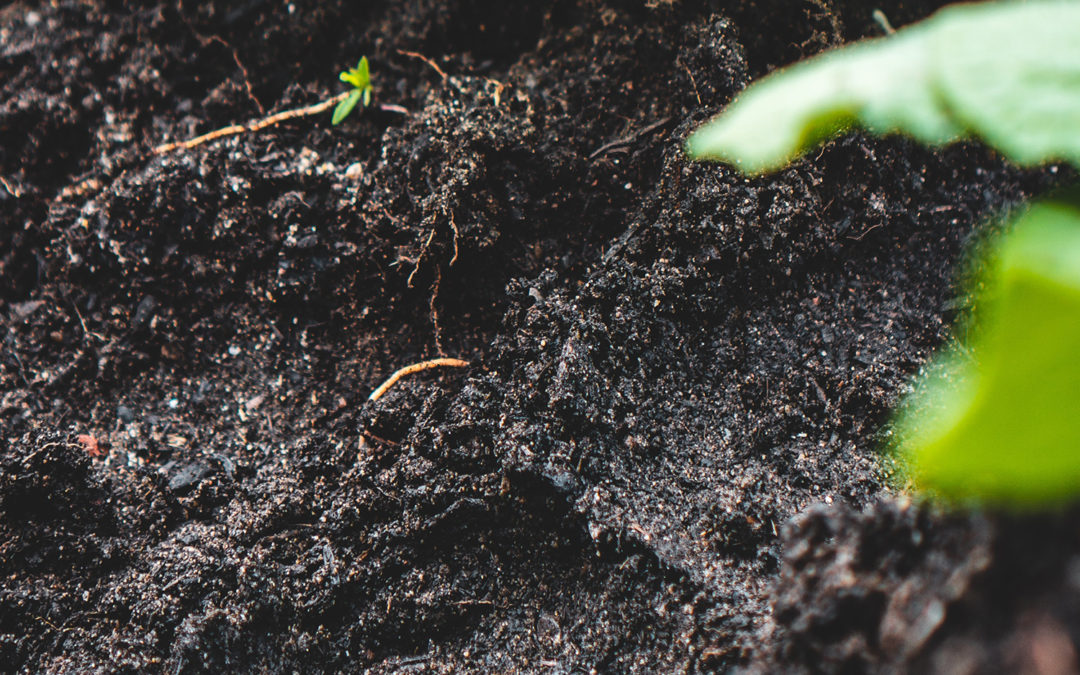I’M CURIOUS: HOW MANY of your early memories involve nature?
My earliest memory, from when I was a toddler, is of being in a boat on a lake. Another early memory involves a friend the same age as me, who waved each day, whispered hello and quite literally grew up with me: the ash tree in front of my childhood home. Also memorable were several incidents that left me covered in dirt (the little girl next door said we could dig a hole to the other side of the world), mud (when I lost my grip on a piglet, and thus a prize at the Iowa State Fair), and manure (what happens when you play chase with the nephew of a dairy farmer).
I can’t remember a time I didn’t love trees and dirt and water and animals. But until recently, I’d never considered all the nature and creation references in the Bible together as a whole. The Fall 2022 Bible study written by Sara Olson-Smith (pp. 24, 36), and other articles in this issue were enlightening. Caring for our neighbor the earth really isn’t an optional church committee we can choose to serve on or not. You might say it’s in the ground rules for loving God, our neighbor and ourselves.
What can we do? Study the Bible and pray, of course. But we can also acknowledge actions that injure God’s creation (see Jennifer Ginn’s story, p. 6), “rethink” many of our purchases, “revisit” our values and “refuse” apathy (see “Earth wise,” by Venice Williams, p. 20).
We can also explore how caring about creation means caring about divine potential. Helen Hollingsworth (p. 10) shares an early memory of helping an injured sparrow, connecting this with her work as a pastor or “shepherd.” Susan Sparks (p. 12) explores the mutual help and rescue we and plants offer each other, beyond the necessary exchange of oxygen and carbon dioxide. Both plants and people have divine potential and deserve love.
And we can reexamine how we see the wild and the wilderness. Like several of this issue’s writers, Anna Madsen (p. 16) warns that we Christians have too often interpreted “dominion over” as a call to “dominate” creation, rather than a call to love and steward it.
Christa von Zychlin (p. 28) agrees and offers: “Maybe God meant that we humans should be more God-like concerning creation—that is, less like a landlord and more like a host.”
“Would that make us cherish rather than tarnish?” Madsen asks. “Would we care for creation because in doing so, we’d care for our Creator?” It’s not just about our protecting creation. It’s also about our needing creation. Holy Scripture tells us that the wilderness was something Jesus needed, Victoria Loorz says (p. 44).
“The wilderness is the place to go when you are standing at the threshold, like Jesus was, of a calling that asks you to risk everything and embody all you are created to be,” Loorz writes. “In the wilderness— the place that speaks—you find that you are not alone.”
Maybe it’s time to look again at those ground rules.
Elizabeth Hunter serves as editor of Gather. A lifelong Lutheran, she enjoys sharing stories with family, walking in the woods and kayaking along rivers where a quiet peace can be found.
This article appears in the September/October 2022 issue of Gather magazine. To read more like it, subscribe to Gather .

Seen. Heard. Welcomed.
Do you ever go to church hoping you have enough snacks and “stuff” to keep your child quiet and...

Redeeming grace
Coupons, rainchecks and rebates were my dad’s way of saving money on groceries and other household...

Holding to God’s promise
When my husband, Joe, and I moved into our first house In May 2014, we spied squash vines growing...


